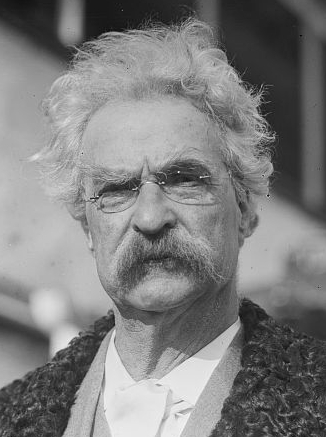Our friend Dale Nelson informs me that this year is the fiftieth anniversary of the publication of The Adventures of Tom Bombadil, which most American readers know from The Tolkien Reader. J. R. R. Tolkien wrote it at the request of his aunt, Jane Neave.

So, I finally read The Great Gatsby. I was motivated to do this by two circumstances. One is that I saw the trailer for the upcoming movie version, starring Leonardo DiCaprio. I won’t embed it, because frankly it doesn’t look all that promising. The second reason was that I finally found a cheap Kindle edition.
Some years ago, someone told me I ought to read Gatsby, because I had a lot in common with the title character. I guess that’s true, with the caveat that I’m not generally considered either glamorous or mysterious.
Anyway, it’s superbly written. I’m glad I waited till I was a grownup to read it. I might have appreciated it in college, but I’m not sure.
There’s a rumor abroad in the land, spread mostly by college literature professors, that Gatsby is a critique of the American dream. This is balderdash. It’s a critique of the human heart, and the illusions we build for ourselves, and the idea that money can remake the world to our personal specifications.
Great book. Hurt like the devil.
(Here’s something odd. If you see the trailer, you’ll note that the actress is playing Daisy Buchanan as a blonde. And Mia Farrow, in the Redford version, was also a blonde. I don’t know what the actress looked like in the Alan Ladd version. Anyway, in the book Fitzgerald says she had dark hair. I guess the mystique of the American Blonde trumps the text.)
A blessed Memorial Day holiday to you all.
Like this:
Like Loading...





